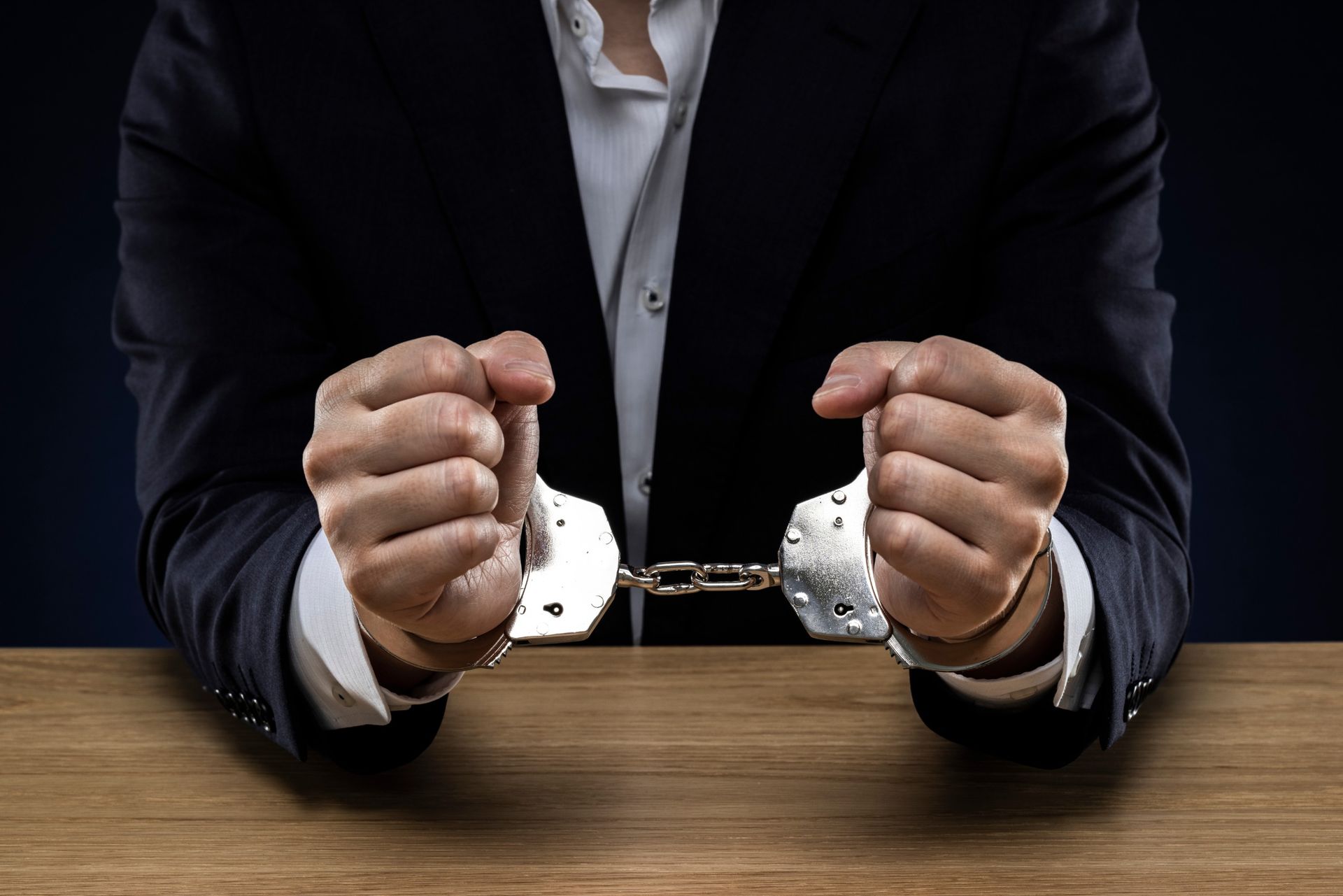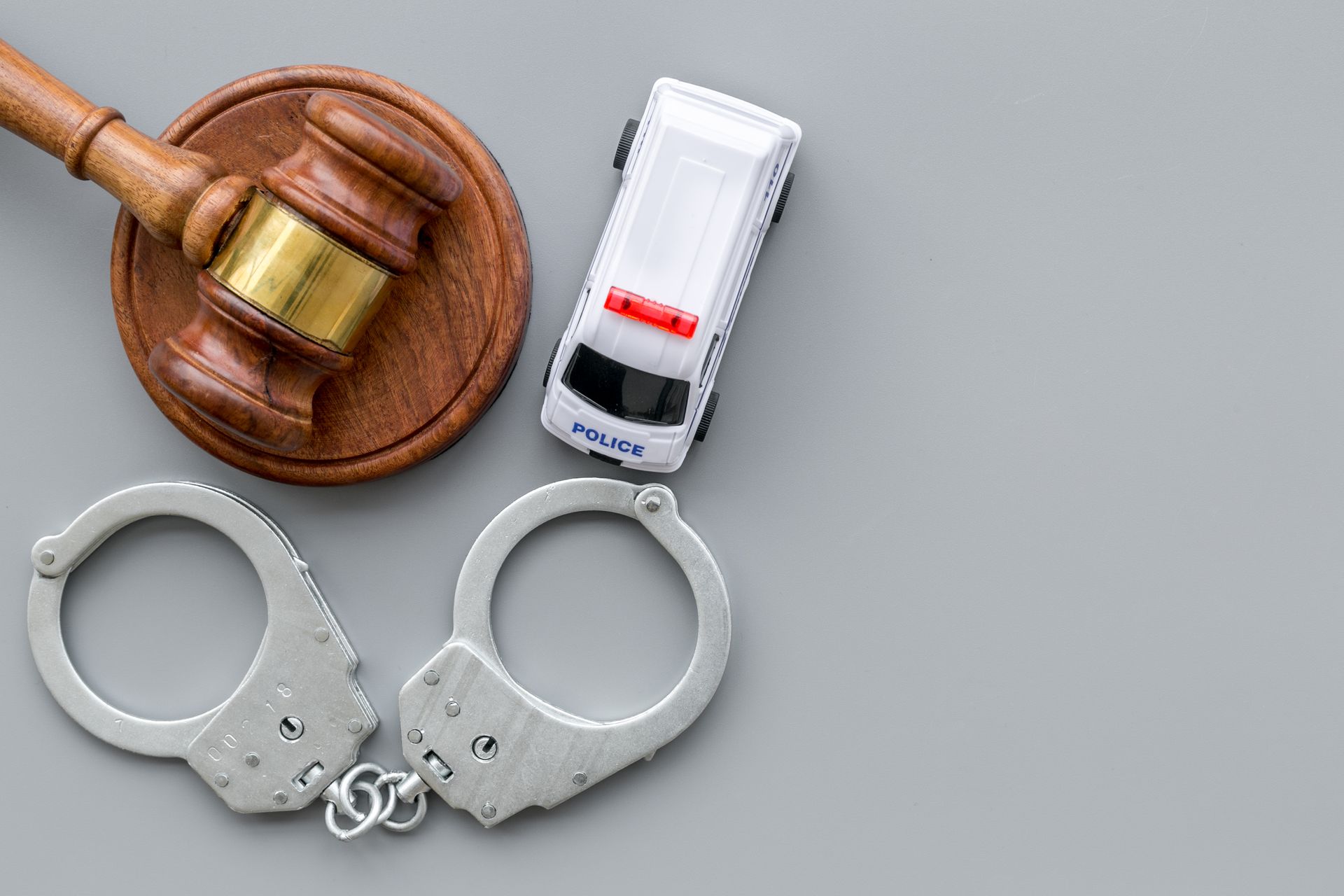Difference Between Homicide, Murder, and Manslaughter in Florida (2023)
It’s common for people to group homicide, murder, and manslaughter together as one crime, but these three terms mean different things. If you or a loved one has been charged with murder or manslaughter, you may wonder what the difference between the two is.
What Is Homicide?
Homicide is a broad term used to describe the act of killing another person. Homicides can be considered legal in rare situations, as a soldier who kills another soldier in war will not be arrested for a crime. However, if someone kills another person at a gas station, this is considered a crime.
A homicide is considered legal or illegal and determines what type of crime it will be classified: as murder or manslaughter.
What Is Murder?
Murder is the illegal killing of another person. To be considered murder, there must have been malice aforethought, which means there was an intention to kill another. The killing could have been premeditated, or the killing could be the result of a drug deal that resulted in someone overdosing. You can be charged with one of three different types of murder in Florida:
- Second-degree murder – This is the least serious of the three charges but still comes with strict penalties. You may serve anywhere from 15 years to life in prison.
- First-degree murder – This is the second most serious form of murder you can be charged with. First-degree murderers can be sent to jail anywhere from 25 years to life in prison. If the crime is even more serious, this can upgrade to capital murder.
- Capital murder – This is the most serious murder charge you can receive. If you commit a first-degree murder while any aggravating factors are involved, you can be charged with capital murder. For example, if you were previously convicted of a felony and committed a murder, you may be required to spend life in prison without the possibility of parole. Depending on the crime, you may be punished by death.
Murder is the most serious form of homicide, but manslaughter can still result in harsh punishments.
What Is Manslaughter?
Manslaughter is a form of homicide that is unintentional. Manslaughter cases are generally treated as less severe than murder. In Florida, there are three forms of manslaughter:
- Voluntary manslaughter – If someone kills another person without any premeditation, this is considered voluntary manslaughter. While the intent was to kill, there’s reason to believe that someone else would have responded the same way. With that said, penalties for this crime can include up to 11 years in jail.
- Involuntary manslaughter – Involuntary manslaughter occurs when criminal negligence or reckless behavior results in an unintentional killing. For example, if someone accidentally fires a gun that kills another person, this is considered involuntary manslaughter.
- DUI manslaughter – If you are driving under the influence (DUI) and kill another person because of an accident, you can be charged with manslaughter. While this is considered the least serious form of homicide in Florida, this can still result in a second-degree felony that results in up to 15 years in prison.
While manslaughter is considered less severe than murder, the punishments can completely alter your life.
When either a murder or manslaughter conviction shows up on your record, it can become very difficult to find work or housing in the future. No matter the specifics of your situation, it is crucial to have an experienced lawyer by your side, as they can defend you in court and protect your rights.
FAQs About Homicide, Murder, and Manslaughter in Florida
What Is the Difference Between Manslaughter and Homicide in Florida?
Manslaughter is the unintentional act of killing another person, whereas homicide can be both intentional and unintentional. Homicide is a broader term to describe the killing of another person, while manslaughter is more specific. Also, homicide isn’t always considered a crime, but manslaughter is considered a crime in Florida. While the two terms have some similarities, they both describe different criminal offenses.
How Does Florida Classify Homicides?
Florida classifies homicides based on if the killing was intentional or unintentional. Not all homicides are considered crimes. If the killing was made with malice aforethought, this is considered murder. If there was no intention to kill another person, this is considered manslaughter. Both murder and manslaughter have their own classifications as well, and each comes with its own penalties.
How Many Years Is Manslaughter in Florida?
The amount of jail time for manslaughter can be anywhere from up to 15 years. If you are charged with involuntary manslaughter, you may have to serve up to four years in prison. For voluntary manslaughter, the jail time increases to up to 11 years in prison. If you are convicted of DUI manslaughter, you could face up to 15 years in prison, as this can be considered a second-degree felony.
What Is the Difference Between Second-Degree Murder and Manslaughter in Florida?
Second-degree murder involves the killing of another person without any premeditation or planning to do so. Manslaughter is the act of unintentionally killing another person. If a murder does not include certain factors such as premeditation, committing the murder during the commission of a felony, etc., then it is considered second-degree murder. However, if there was no premeditation or intention to kill, it can be considered manslaughter.
Chang Law Firm: Your Florida Homicide Legal Representation
Many individuals, whether they’ve been convicted of a homicide or not, were previously unaware of how these crimes were classified. Murder, manslaughter, and homicide often get grouped together into one crime, but Florida law sees these as different terms. If you’ve been accused of murder or manslaughter in Florida, or if you need more information about this type of crime, our team can help.
At Chang Law Firm, we work with clients to build defenses against several crimes, including murder, manslaughter, DUI, drug crimes, and more. Our violent crime attorneys examine our client’s cases thoroughly and pay special attention to detail so we can achieve the best outcome possible.










